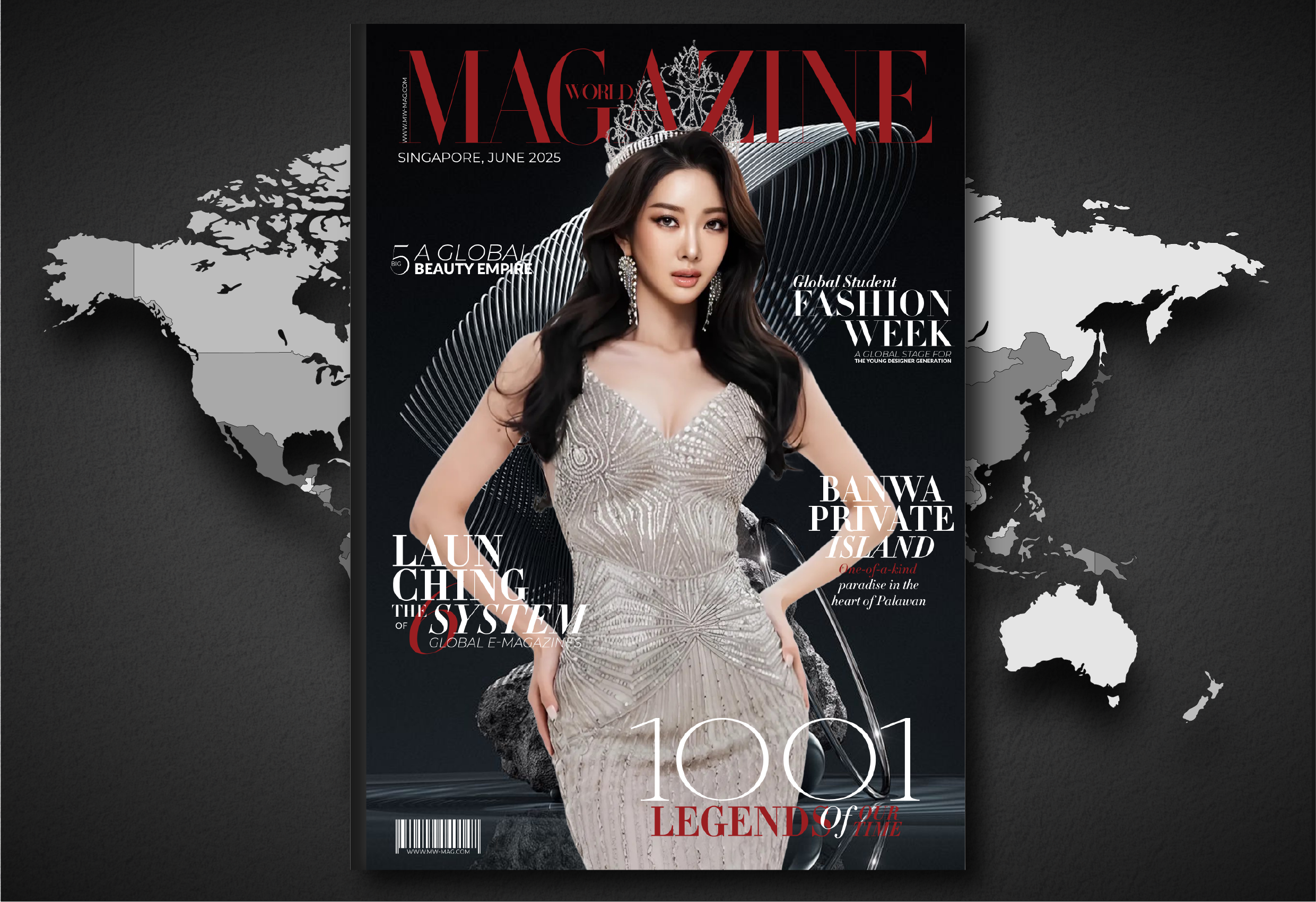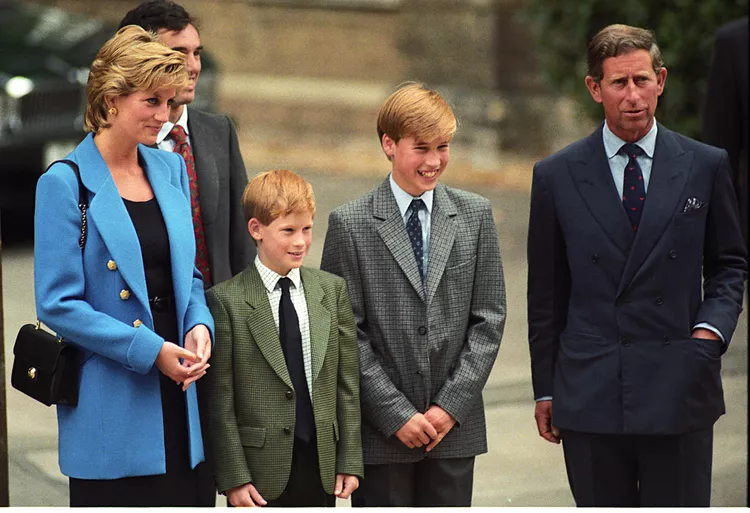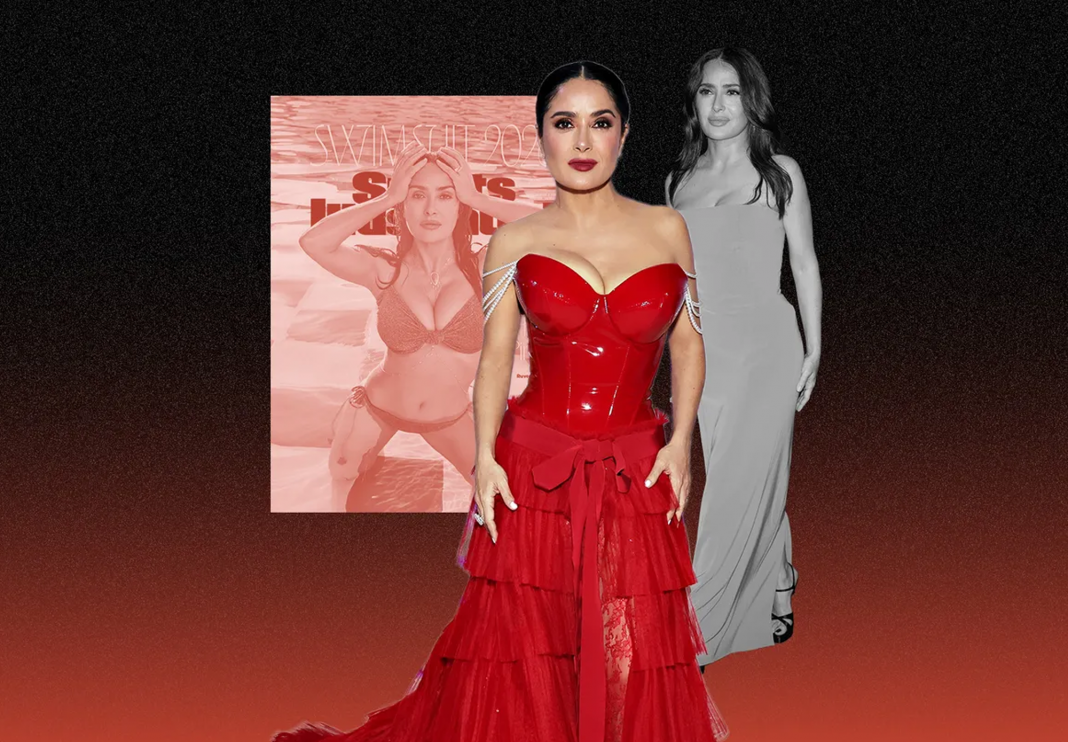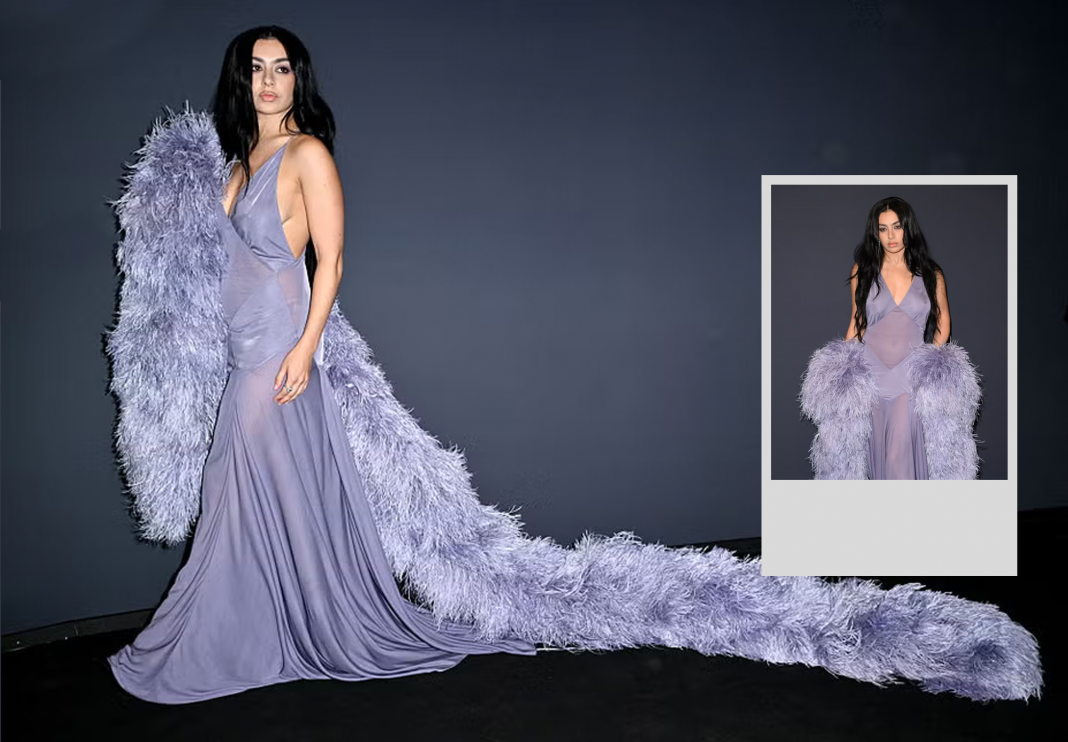In the rarefied world of royalty, where duty and tradition often outweigh personal desire, family dynamics can be complex, deeply felt, and intensely scrutinized. King Charles III, now the monarch of the United Kingdom, recently revealed a heartfelt plea to his eldest son, Prince William—the heir apparent—to learn from his own shortcomings as both a royal and a father.
It is a timeless hope among parents everywhere that their children might navigate life’s challenges more successfully than they did. For King Charles, this hope takes on heightened significance given the extraordinary pressures of royal life. His advice to Prince William offers a glimpse into a father’s yearning to break cycles and prioritize what truly matters: family.
A father’s warning: Prioritize family over duty
The story comes to light in the documentary William and Catherine: Putting Family First, where royal biographer Ingrid Seward shares an intimate revelation. “Charles said to William, ‘Please don’t make the mistake that I made,’ and ‘I want you to enjoy your family life,’” Seward said. This simple, yet profound advice underscores Charles’ recognition that his own devotion to royal duty often came at the expense of personal connections.
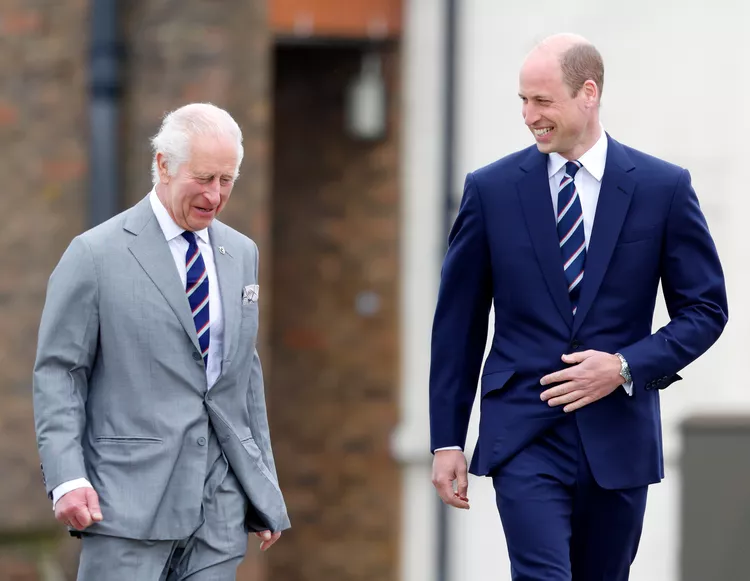
Seward elaborates, “Charles was very insistent about this because he said, ‘I was so dedicated to duty, I couldn’t make way for family life in the way that I should’ve done.’” This admission reveals a vulnerability rarely exposed in the public eye of monarchy. It also highlights a shift in royal values—moving from the rigid expectation of service above all else toward a more balanced appreciation of family.
Prince William appears to have taken this lesson deeply to heart. His marriage to Catherine, Duchess of Cambridge, and their nurturing of their three children—Prince George, Princess Charlotte, and Prince Louis—stand in sharp contrast to the narrative of sacrifice that dominated his father’s earlier life.
A son’s perspective: Prince Harry’s reflections on Charles
The complexities of royal fatherhood are further illuminated through the lens of Prince Harry, Charles’ younger son. In his 2023 memoir Spare, Harry offers candid reflections on their relationship, painting a picture of emotional distance rooted partly in their age difference.
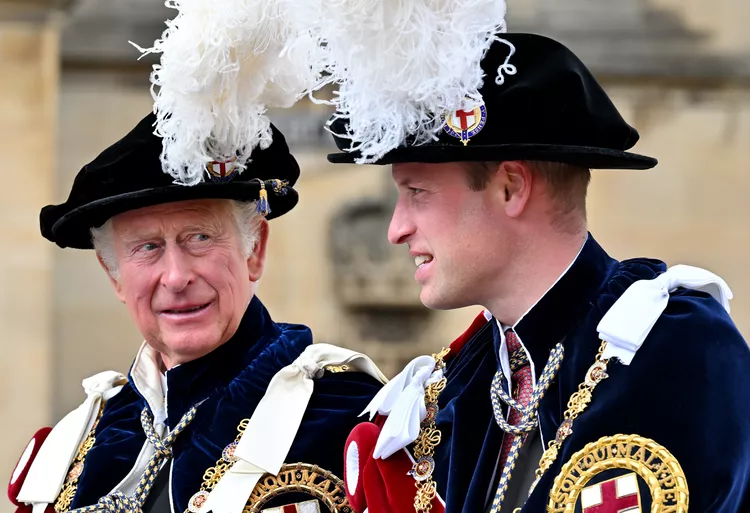
“He’d been an older dad, and I’d always felt that this created problems, placed barriers between us,” Harry writes. His words evoke a sense of longing for connection and an acknowledgment of the limitations Charles faced in expressing fatherly affection.
Harry continues, “He wasn’t the kind of father who played endless rounds of tag or tossed a ball until long after dark.” This contrast between the generations highlights the changing expectations of fatherhood—not only within royal circles but society at large. Where once stoicism and duty defined a patriarch’s role, modern fatherhood embraces presence, playfulness, and emotional openness.
A king transformed: New priorities in the palace
Despite the past challenges, those close to the royal family suggest that King Charles has undergone a profound personal transformation in recent years. Grand Harrold, a former royal butler with decades of intimate experience inside Buckingham Palace, attests to this change.
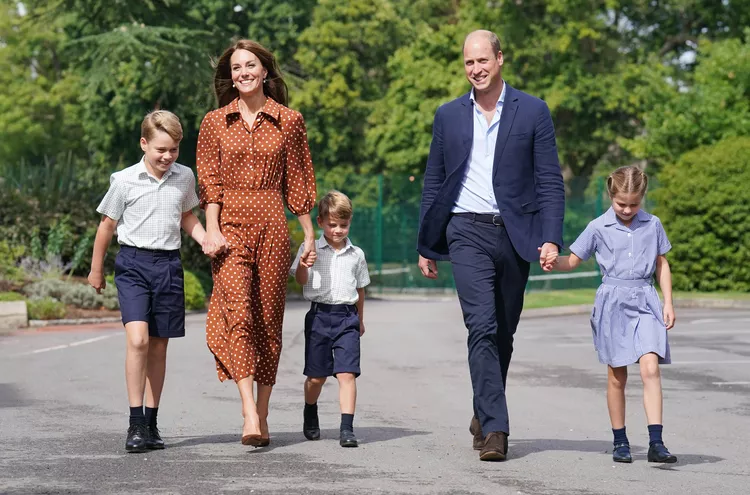
Harrold describes a “turning point” in Charles’ approach to his role as father and monarch. “I think for the first time ever you’ve got a King, who I think deep down if his boys need him, he would probably put them before the Crown,” he said. “That’s what I believe, and that’s the first time that would ever have happened in the history of the monarchy.” Such a statement is remarkable, signaling a potential redefinition of royal priorities. Traditionally, the Crown’s demands have always come first, a principle embedded in centuries of royal tradition. Yet here, in the 21st century, we see a monarch who might—if circumstances demand—place his sons’ needs above his sovereign duties.
This shift may be reflective of broader changes in the monarchy itself, as it attempts to remain relevant and compassionate in a modern world where personal authenticity and family values resonate deeply with the public.
The dynamic between Charles and William: Strength amidst duty
Evidence of the strong bond between King Charles and Prince William emerged during a rare joint public appearance last week. Their united front appeared warm and supportive, sending a message of solidarity and shared vision for the future of the monarchy. William’s role as the future king carries immense weight, but the relationship with his father seems rooted in mutual respect and understanding. The elder Charles’ advice to prioritize family over duty appears to have been received not only as guidance but as a heartfelt legacy.
In many ways, William and Catherine’s public image—grounded in family values, accessibility, and modernity—reflects this new royal ethos. Their efforts to shield their children from intense media scrutiny, while modeling a balanced family life, contrast with some of the struggles witnessed in previous generations.
Strained ties: The rift between Charles and Harry
However, the story of King Charles and his sons is not without its fractures. Prince Harry’s relationship with his father remains strained, a reality Harry openly discussed in a May 2 interview with the BBC. Harry revealed that he is currently not in contact with Charles but expressed hope for reconciliation.
Harry’s candor was underscored by the gravity of Charles’ ongoing cancer treatment, which adds an urgency to the possibility of mending their bond. “I don’t know how long my father has left to live,” Harry said, capturing the profound human dimension behind the headlines.
This fractured relationship underscores the emotional complexity at the heart of royal family dynamics—where public roles often clash with private pain. It also raises questions about whether the lessons Charles wishes to impart to William might someday extend to Harry as well.
What does this mean for the future of the Monarchy?
King Charles’ plea to William to avoid his mistakes is more than a private fatherly concern—it is a metaphor for a monarchy in transition. It speaks to the balancing act between tradition and change, duty and personal happiness.
As the royal family navigates evolving public expectations, the emphasis on family life signals a conscious effort to humanize the institution. This shift may help preserve the monarchy’s relevance by showcasing vulnerability and prioritizing emotional bonds alongside regal responsibilities. For Prince William and Catherine, it is an opportunity to embody these values in their leadership, offering the world a vision of royalty that is modern, empathetic, and deeply connected to family.
A royal lesson on love and legacy
King Charles’ admission—that his unwavering commitment to duty came at the cost of family—resonates beyond palace walls. It is a universal story of the sacrifices parents make, the regrets they carry, and the hopes they place in their children.
In urging Prince William to “enjoy your family life,” Charles opens a window into his own evolution as a father and monarch. Whether this shift will help heal longstanding family wounds remains to be seen, but the message is clear: the future of the monarchy depends not only on crowns and ceremonies but on the strength of family ties. As the world watches this royal family’s unfolding story, it reminds us all that even the most storied dynasties face the same challenges of love, forgiveness, and growth.



